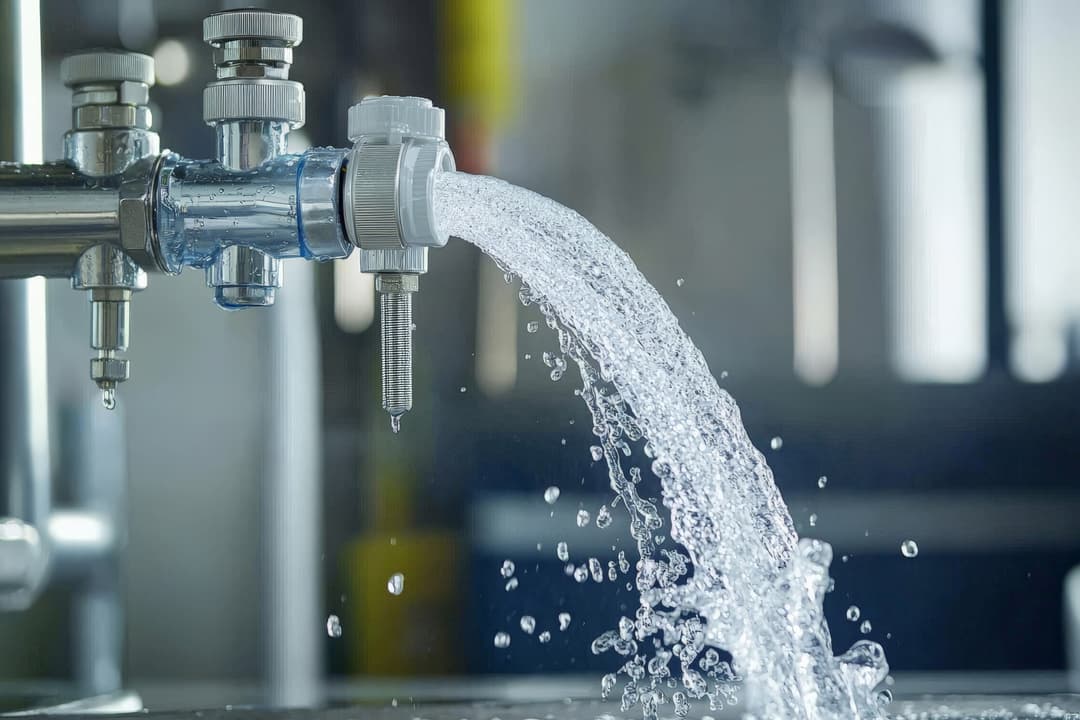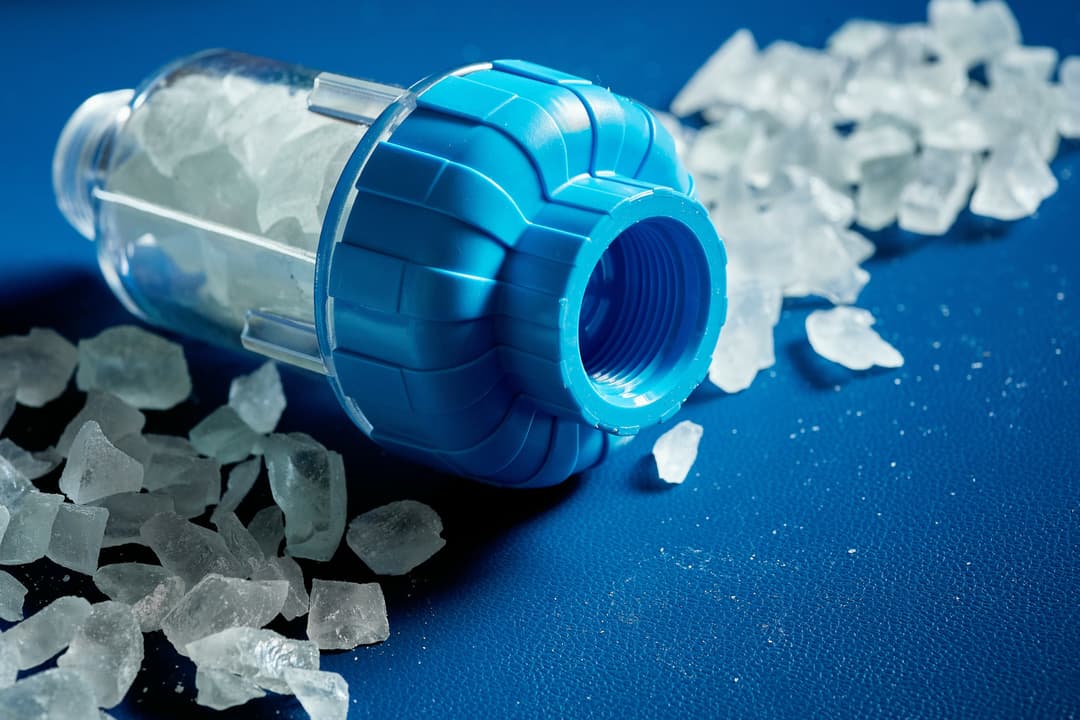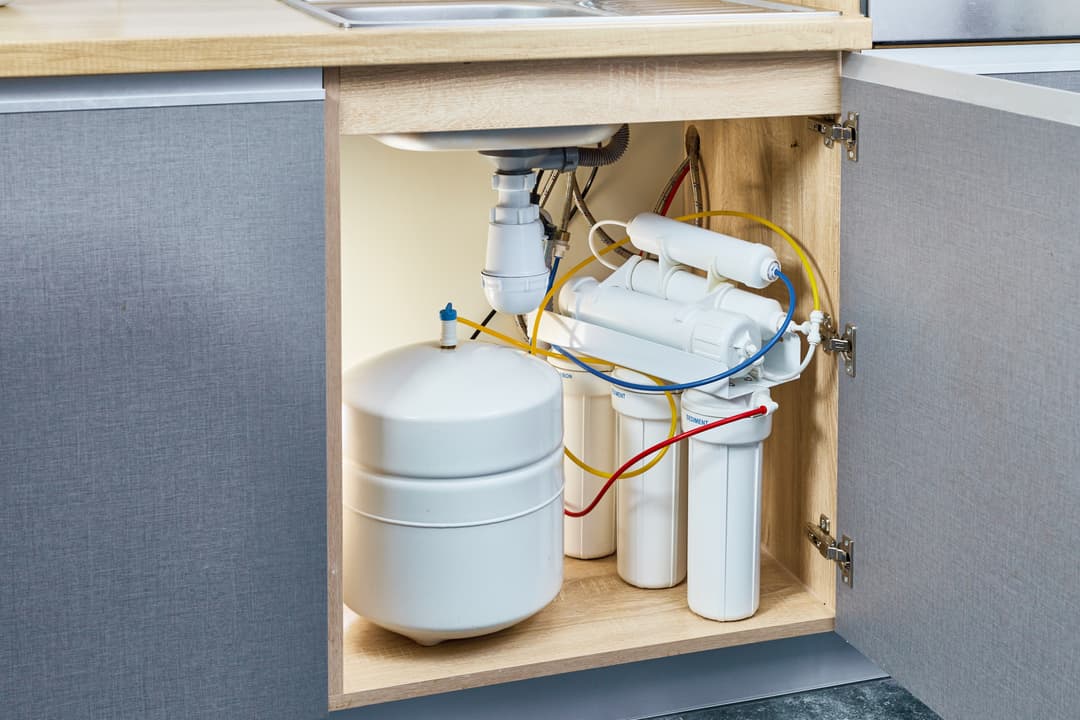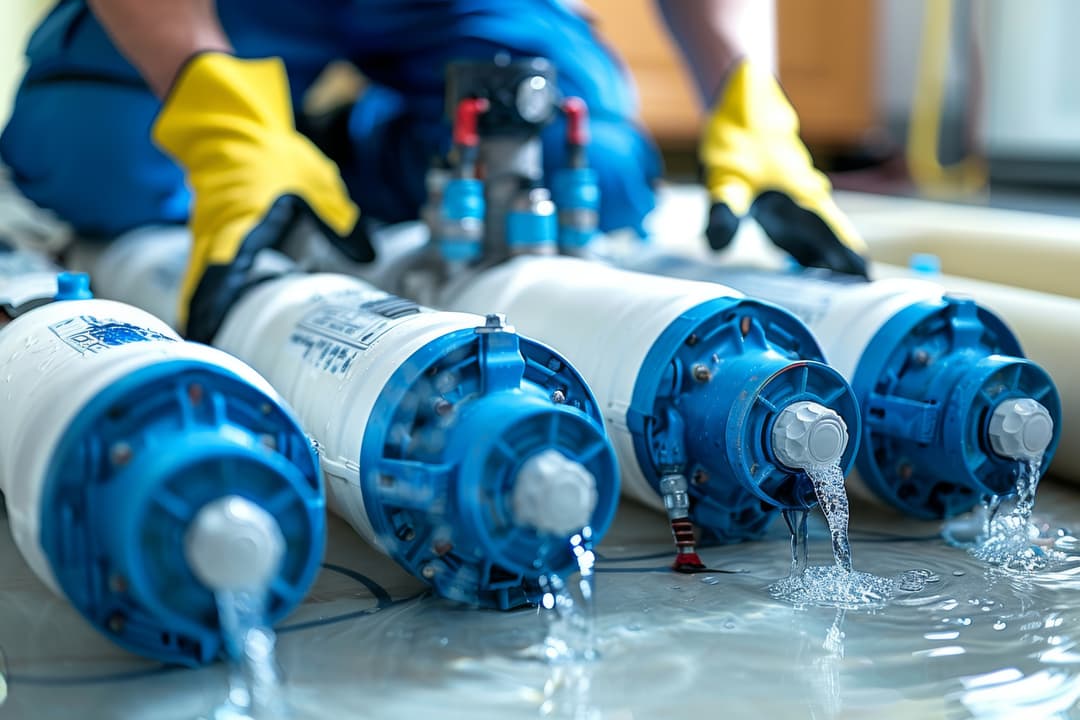Understanding Water Softeners
Water softeners are essential systems that remove minerals like calcium and magnesium from your water supply. These minerals, while not harmful to health, can cause significant problems in your home's plumbing system and affect the efficiency of your water-using appliances.
What is Hard Water?
Living in a home with hard water can be a costly problem. When groundwater flows through the pipes of your home the dissolved minerals combine with heat, leaving scale and buildup that damages your pipes, appliances, and fixtures.
When water falls as rain, it's pure and void of minerals or soft water. As it flows through the ground, it collects minerals like calcium and magnesium along the way. Water that has collected a large amount of minerals, is classified as hard water.
How Water Softeners Work
A water softener works to treat hard water by removing the minerals responsible through a process called ion-exchange. Mineral ions that cause hardness and damage to your home are trapped by resin within the system and exchanged for sodium and potassium ions.

Signs You Need a Water Softener
Nearly 85% of the U.S. is a hard water area. Here are common signs of hard water in your home:
- Watermarks on faucets despite regular cleaning
- Excessive lime and chalk buildup on sinks and showers
- Dingy white clothes and rapidly fading colors
- Unusual water taste or smell
- Dry or itchy skin after showering
- Low water pressure
- Frequently breaking appliances
- Watermarks and residue on dried dishes
Benefits of Water Softeners
Financial Benefits
Soft water lacks the mineral ions that cause buildup in your pipes and appliances, saving you from costly repair bills. Key savings areas include:
- Reduced plumbing repairs
- Extended appliance lifespan
- Lower utility bills
- Less soap and detergent usage

Personal Benefits
- Cleaner hair and softer skin
- Brighter and softer clothes
- Spotless dishes
- Less time spent cleaning
Cost Considerations
Water softener systems are typically $3,500 and up, with a life expectancy of up to 20 years. Costs vary based on:
- Home size and number of bathrooms
- Installation requirements
- Additional features like UV disinfection
- Periodic maintenance needs
Health and Safety Considerations
While some worry about sodium content in softened water, the amount is minimal - about 12.5 mg per glass compared to 211 mg in a slice of whole wheat bread.
Alternatives to Water Softeners
Alternative options include:
- Water conditioners (scale inhibitors)
- Reverse osmosis systems (Pricing starts at $1,500)
- Magnetic water conditioners



